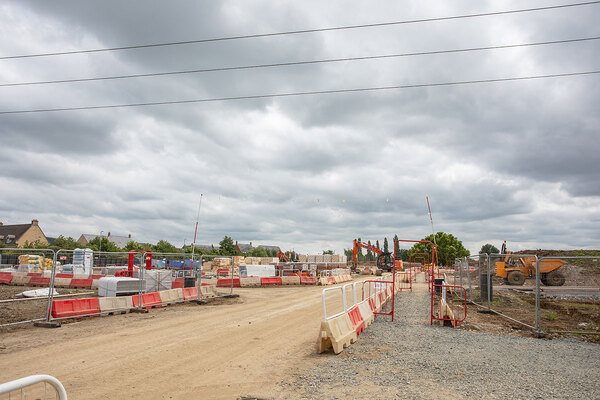Housing must stress economic role
The housing sector needs to raise its game and persuade politicians of its importance to the economy.

That was the message from Duncan Maclennan, director of the Centre for Housing Research at the University of St Andrews, as he addressed the Chartered Institute of Housing Scotland conference in Glasgow yesterday.
Professor Maclennan was launching a report he and Tony O’Sullivan, of Newhaven Research, wrote for CIH Scotland entitled Raising the Game, the economic case for housing.
The told delegates there is a ‘real crisis in the housing policy in Scotland’.
‘People just simply don’t think of housing in terms of economic policy,’ Mr Maclennan said. ‘We are sticking to an old-fashioned argument that has not served us well. If we don’t get politicians to take it seriously [that housing is important to the economy] we have failed again.’
The report highlights the importance of the social rented housing sector in bringing benefits to health, education and jobs.
At the same session, Andrew Smith, chief economist at consultancy firm KPMG, said UK politicians had continually promoted homeownership as a ‘good thing’. ‘We really have to wean them off that for the longer term if we want it [the economy] to improve,’ he said.
Earlier in the day professor Ken Gibb, professor of housing economics at the University of Glasgow, had told delegates the reduction of social housing grant to £40,000 per property would mean Scottish housing building would gradually ‘shift to the English model’ with low grant rates, cross-subsidising and more concentration on mid-market rent properties.
‘Despite the rhetoric that Scotland would not go down the English route of higher “mid-market” rents for new housing association supply, it is now clear that this is precisely what is happening,’ he said. He added rents could increase by as much as £1,500 a year.
Inside Housing’s House Proud - Devolved campaign is calling for increased recognition of the importance of housing in the run up to the elections in Scotland, Wales and Northern Ireland








